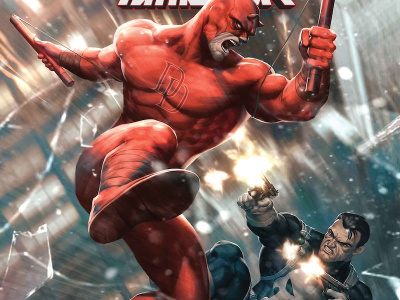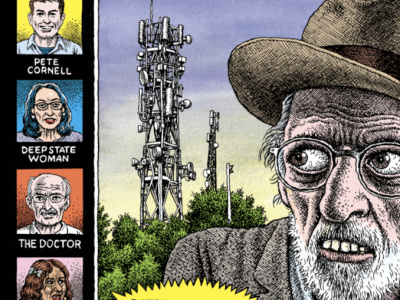Michael Doran reported on Newsarama this week that industry veterans Bob Layton, Dave Michelinie, and Dick Giordano were forming Future Comics, an independent self-publishing venture that will bypass traditional distribution channels and sell directly to retailers and consumers via a website. While computer technology and the Internet have made such an operation theoretically possible, no comics publisher has managed to do anything quite like this yet. Retailers could benefit from higher discounts as the distributor's slice is divided up between the publisher and retailer, but the problem of freight costs looms large, especially if the publisher doesn't have a lot of titles to gang ship in order to lower freight costs. Publishers who only have a few titles could also have serious problems getting paid in an industry slowdown, since cash-strapped retailers would presumably pay off their obligations to their major suppliers first. Prepayment and credit card purchases are a possibility, but prepaying adds an extra layer of cost for retailers who are used to getting credit.
While their distribution model is somewhat suspect, there is no denying Layton, Michelinie, and Giordano's claim that smaller independent companies can make money on smaller print runs than can major publishers, who also have major expenses. There's also no denying that these veteran creators are eager to call their own shots and create books to please themselves rather than just toe a company line. Further, as sales in an industry or category decline, there are opportunities for small, lean organizations to take over failing product lines and make them profitable once again in a more modest context. We've seen this in the field of entertainment cards where companies like Rittenhouse Archives and Inkworks have made money on licenses that the major companies have abandoned (see 'Top Ten Cool for April').







